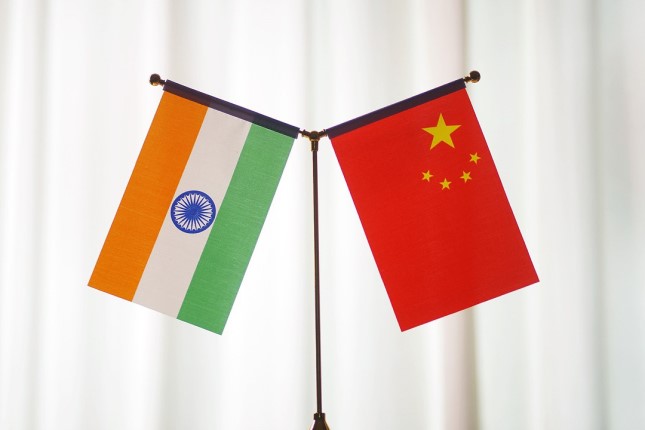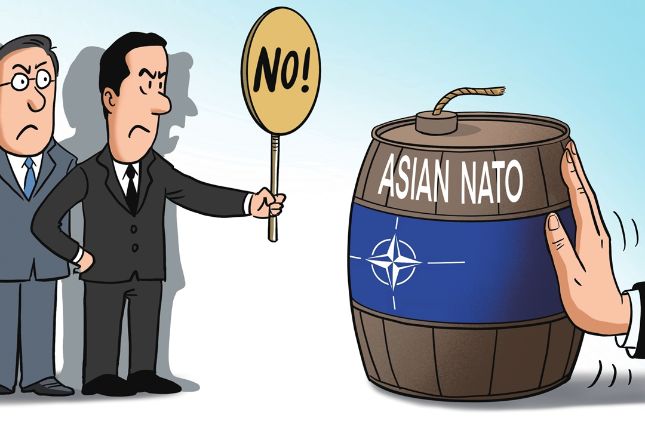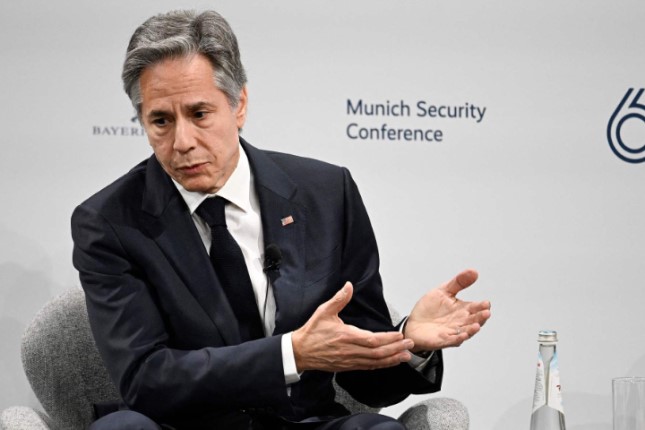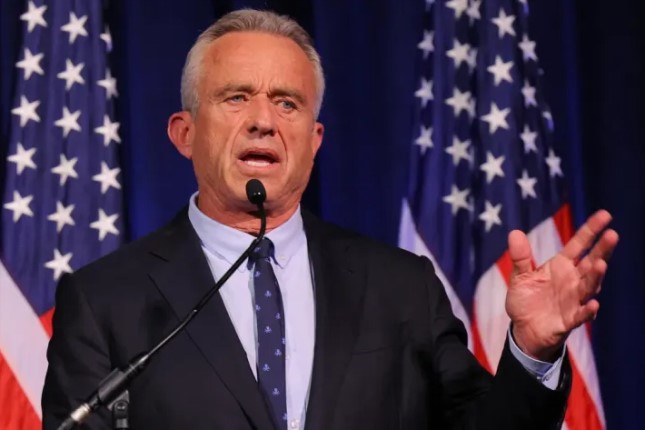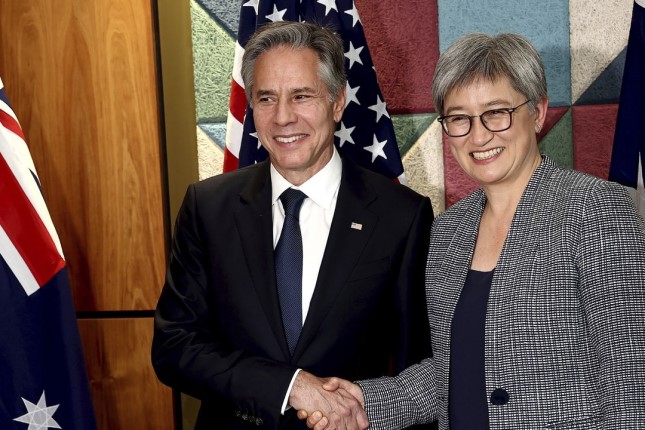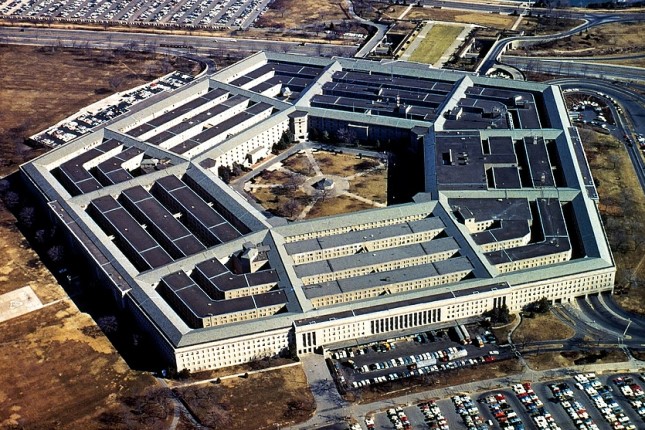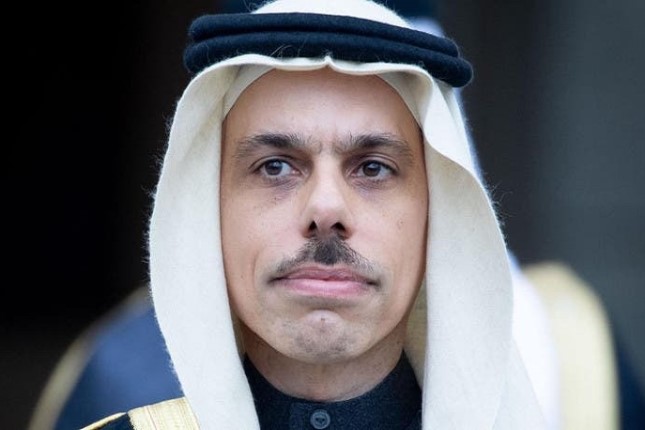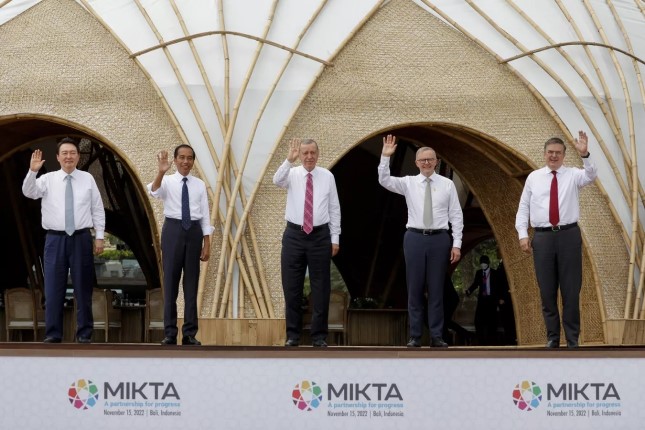While New Delhi steps up its bid to attract foreign investment to challenge China's global manufacturing power, India still needs close cooperation with Chinese companies to fulfill "Make in India" goal.
In meetings with officials in New Delhi, Tesla executives informed the Indian government that the company would like to have some of its vendors from China set up base locally to boost supply chain, Reuters reported, citing three unidentified Indian officials.
Chinese suppliers could be critical if Tesla were to establish a plant in India and keep costs in check for making cheap electric vehicle (EV), the report said, adding that India does not have local suppliers for components such as battery cells, with India's largest EV maker, Tata Motors, importing them from China.
"Make in India" is still not in the same league as made-in-China, and the country needs to find a closer correlation with China in terms of supply chains to shore up its manufacturing base, experts said.
India believes that it has a significant window of opportunity, especially as the Modi government is facing elections in 2024 and seeking to gain votes by living up to its promise of more "Make in India" projects to land on the ground, Qian Feng, director of the research department at the National Strategy Institute at Tsinghua University, told the Global Times on Wednesday.
But there are many uncertainties, particularly in the absence of well-developed supply chains to back up the manufacturing sector, Qian said.
There's a need for improvement in terms of providing a favorable business environment, a highly educated workforce and better infrastructure, all areas in which India lags behind China, Qian said.
While India has some advantages not found in many developing countries, including plenty of young workers, the "Make in India" initiative started by the Modi government in 2014 seems to make a lot of noise but lacks substantial results so far, experts said.
The Indian business climate has been a major concern for foreign investors, particularly Chinese companies. According to data from the Indian government, 2,783 foreign companies and their subsidiaries ceased operations in India between 2014 and November 2021, including notable ones such as Cairn Energy, Holcim, Daiichi Sankyo, Carrefour, Henkel, Harley Davidson and Ford, media reports said.
In stark contrast, China has focused on developing its industrial base since opening-up, resulting in complete industrial supply chains. Over time, China's infrastructure and business environment have steadily improved, and its talent pool has grown stronger. This is the outcome of long-term efforts that India cannot match.
A senior industry insider who has been in India for years told the Global Times on Wednesday on condition of anonymity that India lags behind China in infrastructure and talent development, and its approach is not to solidly build from the foundation and welcome foreign investment, but rather seek shortcuts and its policies are not really friendly to foreign businesses.
"Once they believe they can do it themselves, they suppress foreign-invested enterprises, leading to increased caution from foreign companies," the insider said.
If the Modi government doesn't improve the business environment, cut biased treatment of foreign companies, and invest significantly in infrastructure, attempts to attract more foreign investment and build up manufacturing will be difficult to achieve, Qian said.
Source: The Global Times.
